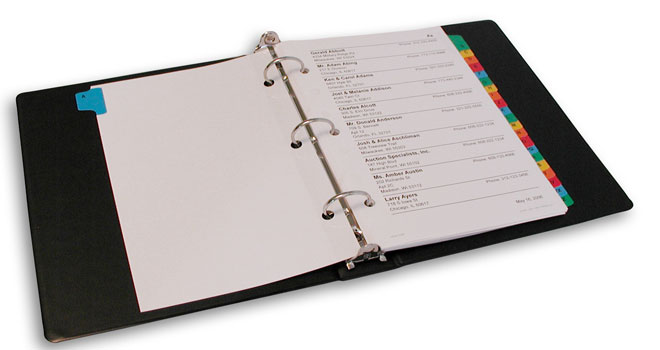The review focused on 4 main areas:
- Compliance of binder agreements with regulatory requirements
- Governance and oversight of binder arrangements
- Reporting systems and access to information; and
- Binder fees paid to non-mandated intermediaries (“NMI’s”).
The second part of the document outlines how the Regulator intends addressing issues arising from its investigation.
Compliance of binder agreements with regulatory requirements
Given the ample time insurers have been provided to ensure compliance of binder agreements with the requirements of the Binder Regulations, the Registrar will proceed with immediate regulatory action in respect of any binder agreements that are found not to be in compliance with the Binder Regulations. Such regulatory action could include referral to the FSB’s Enforcement Committee for the imposition of an administrative penalty. Where non-compliant binder agreements are associated with a general lack of oversight of binder arrangements by an insurer, this may also result in regulatory action in the form of a prohibition on the insurer conducting new business through such binder arrangements. The Registrar has already initiated regulatory action against specific insurers due to their non-compliance with the Binder Regulations with respect to binder agreements.
Governance and oversight
In light of the published regulatory obligations, it is implicit that insurers who wish to conduct business through binder arrangements should be able to demonstrate the following:
- That they have made clear to the binder holder any limitations or conditions attached to the mandate being conferred by the insurer, including details of any consequences that would arise should the outsourced party act outside of such limits or fail to comply with such conditions.
- That they have controls in place to ensure the robust identification, assessment, measurement and management of the conduct risks associated with the outsourcing of insurer activities (including, but not limited to, underwriting or claims handling) on an ongoing basis; and
- That they are receiving, and have access to, comprehensive and reliable management information (“MI”) that enables them to exercise effective oversight on an ongoing basis, including information that will assist with future conduct of business regulatory reporting to be required from all insurers by the Registrar.
Reporting systems and access to information
The thematic review gave rise to considerable concern about the inconsistencies evident across insurers in respect of the manner in which they approach compliance with those requirements that relate to appropriate information technology, continued access to policyholder information, the confidentiality, privacy and security of policyholder data and the maximum intervals at which data must be provided by binder holders. There is a substantially increased risk that poor outcomes for customers may not be adequately identified or managed in business models where a significant portion of an insurer’s activities is outsourced to a third party without having proper governance and oversight in place.
The “Key Findings” document then lists 11 requirements for effective oversight. Please see link below.
Binder fees paid to NMIs
The concerns relating to remuneration of binder holders and other outsourced providers are dealt with in detail in the various proposals contained in the RDR Phase 1 Status Update.
The FSB remains of the view that the current principle based approach to the setting of binder fees (i.e. to be “reasonably commensurate” with actual costs plus a reasonable rate of return) is not adequate to address the risks of conflict of interest posed by the outsourcing of binder functions to NMIs. Accordingly, the FSB intends to proceed to introduce caps for binder fees that are paid to NMIs. Further technical work will be undertaken during 2016 to assess the appropriateness of the caps proposed in the RDR paper.
The FSB is also considering a prohibition on allowing NMIs to enter into commercial lines binder agreements. The arguments for efficiency and the ease and speed that apply in the personal lines space are generally not applicable when it comes to commercial lines.
The current regulatory requirements in respect of binder fees will continue to be monitored as part of the FSB’s on-going conduct of business supervisory process.
A follow-up Information Request will be issued during 2016 requesting more detailed information relating to binder fees according to product classes.
Until the finalisation of the proposed RDR regulatory, insurers will continue to be expected to to demonstrate that such fees are “reasonably commensurate with the actual costs of the binder holder associated with rendering the services under the binder agreement, with allowance for a reasonable rate of return for the binder holder”.
The FSB will intervene where this cannot be adequately demonstrated.
Please click here to read a summary of the findings which contains practical examples to provide more clarity.



